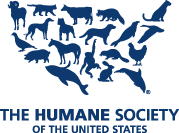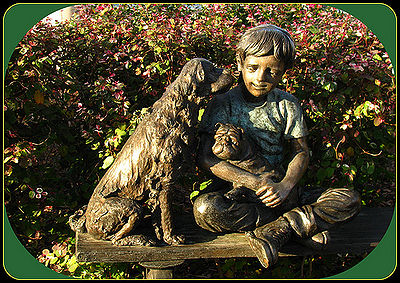
This is an article from the HSUS website:
Posted: 24 Feb 2012 03:39 PM PST
This month, the National Institutes of Health announced that beginning Oct. 1, 2012, grant recipients cannot use NIH funds to buy cats from “Class B dealers.” The U.S. Department of Agriculture licenses these dealers as middlemen to round up dogs and cats from animal shelters, auctions, private individuals, and other “random sources”—in some cases, through “free to good home” ads and even pet theft.
Class B dealers then sell these animals, many of them former pets, to research laboratories where they undergo painful experiments. Undercover investigations have documented sickening conditions at some of these Class B facilities.
Only seven of these dealers remain active in the country, down from hundreds in past decades. And we’re seeing encouraging signs that their numbers may soon dwindle to zero.
In 2009, the National Academies released a report concluding that Class B dealers are unnecessary and that regulations for these dealers are unenforceable. This report prompted an announcement by NIH that no later than 2015, it will prohibit buying dogs from Class B dealers using the agency’s grant funds. Its latest announcement is one more step in the right direction.
These long-awaited NIH announcements represent steps forward on this issue, signaling the eventual end of these unscrupulous animal dealers.
Just last year, owners of a Class B dealer facility in Pennsylvania were indicted on several charges, including illegally obtaining dogs. If convicted, they could face 50 years in jail. The facility’s license was not renewed, and four of the seven remaining dealers are currently being investigated by the USDA for various offenses.


